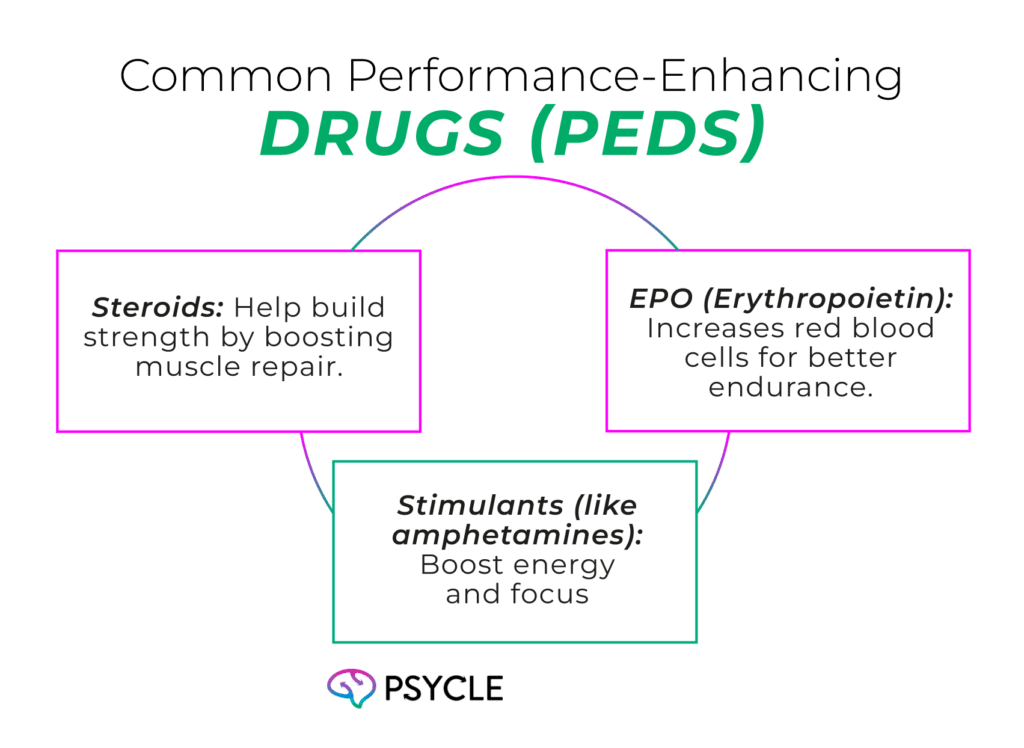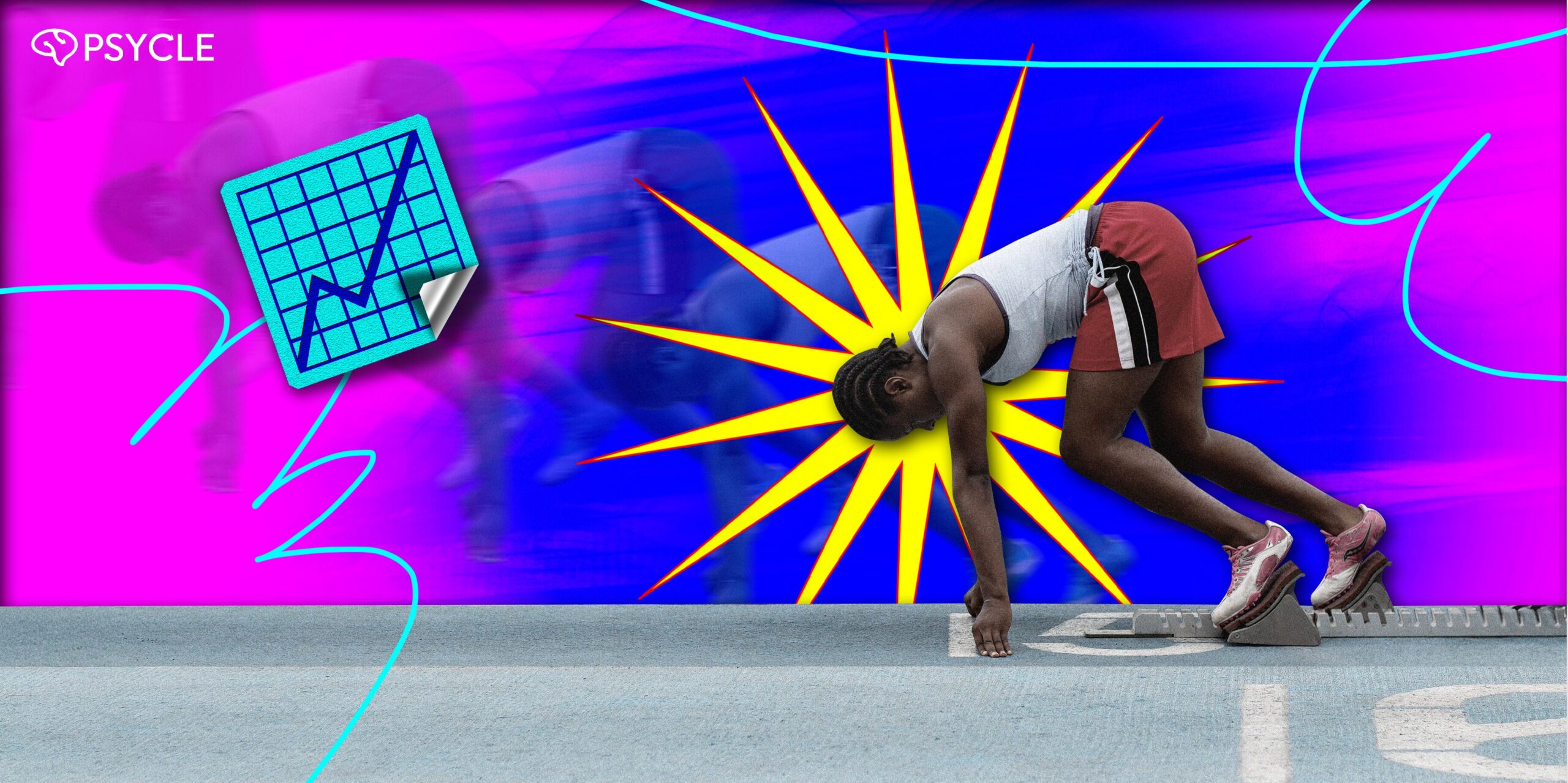The Enhanced Games is a bold and disruptive initiative set to launch in 2026, where athletes will be allowed, and even encouraged, to use performance-enhancing drugs (PEDs) under medical supervision. This article will examine the background of sports doping, what to expect in 2026, and the current controversy surrounding this upcoming sports competition.
Key Takeaways
- Unlike the Olympics, the Enhanced Games permits athletes to use performance-enhancing drugs openly, with oversight from a medical commission.
- The event includes a scientific commission to study PED effects and share insights with the public and scientific community.
- Organizers aim to push the boundaries of athletic performance by embracing biotechnology and medical enhancement.
- Backed by high-profile investors, the Games will pay athletes to compete and reward record-breaking performances.
- Groups like the IOC and WADA have condemned the Games, calling them unsafe and unethical.
What Are the Enhanced Games?
The Enhanced Games claims to be a “pioneering a new era in athletic competition.” This multi-sport event will enable athletes to enhance their performance through the use of performance-enhancing drugs (PEDs), which have been previously banned from such events by the World Anti-Doping Agency (WADA).
According to the organizers of Enhanced Games, these restrictions are outdated and unrealistic. In their view, transparency and honesty about PED use are better than pretending the problem doesn’t exist. As such, athletes will be actively encouraged to use PEDS and disclose information about their usage.
The enhanced games will also showcase the limits of human potential, demonstrating how fast, strong, and agile athletes can be when utilizing medical technologies. Events will include swimming, track and field, and weightlifting, and take place at the Resorts World, Las Vegas, in May 2026.
Doping in Sports: A Quick Look
Doping has been a long-standing issue in sports. According to Interpol, doping is defined as “the act of consuming artificial and often illegal substances to gain an advantage over others in sporting competitions.”
Well-known PEDs include steroids, which are hormones that boost the body’s ability to make and repair proteins, helping build strength. Others include erythropoietin (EPO), a hormone that increases the production of red blood cells and improves endurance, and stimulants, such as amphetamines, to boost energy and focus.

There are also other substances that fall into a “gray area.” Some of these substances are legal in certain countries or not clearly banned, making it sometimes difficult to determine what constitutes doping.
Famous Doping Scandals
Doping is not uncommon, with an estimated 44% of athletes using a banned substance at the 2011 World Championships. The technology for detecting PEDs has massively improved since. Yet, despite this deterrent, many athletes, including world-famous sports players, have continued to use PEDs.
Major doping scandals have included Lance Armstrong, a former international cycling champion, who was stripped of his titles due to the use of EPO and other drugs. In 2019, WADA officially prohibited Russian athletes from competing in international events, including the Olympics, for a period of four years. This was following an investigation into manipulated test results from an anti-doping laboratory in Moscow.
Who Started the Enhanced Games?
Australian businessman and author Aron D’Souza is the brains behind the Enhanced Games. D’Souza is a tech entrepreneur who founded Sargon, a technology infrastructure company serving the Asia-Pacific region, and a law expert who led a lawsuit against the American online media site, Gawker Media.
Not only does D’Souza think current drug rules in sports are unfair, but he is also interested in pushing the edges of physical capability. He says he wants to “build a superhumanity” through the games.
The Co-Founder, Christian Angermaya, is the founder of Atai Life Sciences, a biotech firm developing novel mental health treatments based on psychedelics. Like D’Souza, Angermaya shows an interest in using innovative scientific technologies to enhance human health and performance.
The games are being funded by some of the world’s most prominent billionaire investors. They include Peter Thiel, founder of PayPal, and Balaji Srinivasan, the former Chief Technology Officer of Coinbase.
How Will the Enhanced Games Work?
The Enhanced Games will be similar to the Olympics, but with athletes allowed to use PEDs. However, the organizers still plan to ban drugs that are clearly unsafe or don’t actually help performance, such as cocaine.
The Games will have a Medical Commission to ensure the safety and well-being of athletes. The commission will oversee the medical profiles of candidate participants, advising on their eligibility and helping create safe protocols for PED use.
A Scientific Commission will help share the research side of the Enhanced Games, supporting the design of spot science studies and community insights that emerge from the games, and disseminating them to the scientific community and the general public.
Unlike the Olympics, athletes will be directly paid to participate and will receive bonuses for breaking records. Several athletes have already signed up for next year’s game. This includes former professional swimmers James Magnuseen and Gkolomeev.
Criticism of the Enhanced Games
The Enhanced Games have sparked a lot of debate. Groups like the World Anti-Doping Agency and the Olympic Committee, as well as several Olympic athletes, do not support the Enhanced Games.
The International Olympic Committee (IOC) stated, “The idea of the Enhanced Games does not merit any comment. If you want to destroy any concept of fair play and fair competition in sport, this would be a good way to do it.”
Travis Tygard, the chief executive of the United States Anti-Doping Agency, called the games a “dangerous clown show.”
Some people think it won’t happen because of this pushback. However, D’Souza is adamant and has commented, “I wouldn’t dedicate my life, years of my team’s lives, and millions of dollars from the world’s greatest investors unless we truly believe we can deliver the event.”
What Could Happen Next?
The Enhanced Games might change the way people think about sports. It raises significant questions about safety, fairness, and how far athletes should go to achieve excellence.
Supporters believe it’s a chance to bring science and sports together in a new way. They say athletes already use these drugs behind the scenes, and by making things open and medically controlled, this will increase safety.
However, critics think the risks are too high. They’re afraid of significant health risks and that athletes might feel forced to use drugs just to stay competitive.
Whether viewed as a bold leap forward or a dangerous step back, the Enhanced Games will prompt the worlds of sports and science to question fairness, ethics, and human potential.
FAQs
Will There Be Drug Tests at the Enhanced Games?
The organization doesn’t plan to do drug tests, but athletes will work alongside a doctor to help ensure safe use of PEDs.
Which Drugs Will Be Banned at the Enhanced Games?
Only substances deemed clearly unsafe or with no real performance benefit, such as cocaine or heroin, will be prohibited. Other drugs will be permitted, but only under the guidance of a medical professional.
Sources
- https://www.enhanced.com/
- https://www.wada-ama.org/en
- https://www.bbc.co.uk/sport/articles/c1j5w5kgn50o

